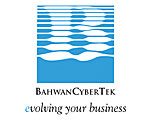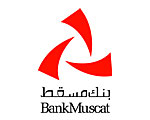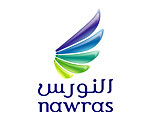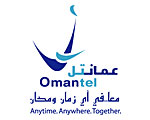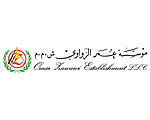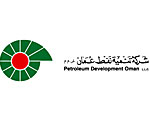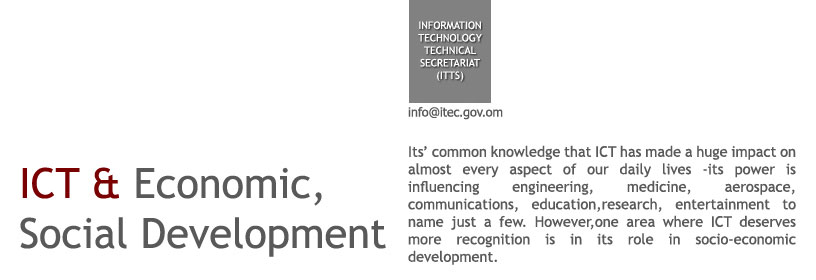
Opening up Opportunities
Over the past few decades ICT has contributed to real social, economic and cultural development in countries right across the world. Indeed, ICT has opened up opportunities for millions of people not only to earn a living but also to contribute to the social and economic progress of their respective communities. However, we need to recognise that technology per se doesn't solve social problems, but the availability and use of ICT is certainly a pre-requisite for economic and social development in today's ever-sophisticated and inter-connected world. By modernising production lines and increasing competitiveness, ICT helps countries increase the speed at which their economies and people flourish and progress.
Access to ICT is not only a major factor in socio-economic progress, but its absence could become an even greater constraint on national development. Many countries in Asia Pacific and the Middle East are using ICT for their social and economic enhancement. For example, Oman, Saudi Arabia, Kuwait, Bahrain and the UAE have all recognised the importance of ICT. This is reflected in the number of companies as well as government bodies that are offering courses and qualifications to enhance employee performance and boost ICT skills.
ICDL Learning Programme
One of the most significant developments in ICT education in the Middle East was the introduction of the ICDL learning programme in 2001 by UNESCO-Cairo. This move gained further momentum with the establishment of the ICDL-GCC Foundation in June 2004, an initiative that's dedicated to helping raise the general level of computer skills for the 38 million residents of the six GCC countries. The Foundation provides localised support to ICDL accredited GCC-based training and testing centres and supervises localisation of programme content to meet the specific requirements of learners in the region. The Foundation's aim is to partner with the region's governments to make ICDL part of the general education system and offered on government training programmes.
Oman's Initiatives
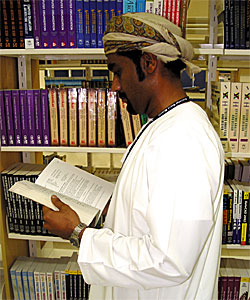
In Oman, ICT literacy initiatives within the education and government systems have been supported by Oman's Ministry of National Economy. For example, a national initiative was launched in 2004 with Oman's Ministry of Education obtaining accreditation for 357 of its schools to provide ICDL training and testing to 50,000 11th grade students. This was the first phase of an ambitious project which is intended to help build Oman's digital society. Summer 2005, the Ministry plans to run ICDL camps to train teachers and students and prepare them for ICDL certification. Another regional ICT literacy initiative is His Highness Sheikh Mohammed bin Rashid Al Maktoum's e-Skills programme, which mandates all teachers and government employees working in Dubai to prepare and become ICDL certified by June 2007. Such developments have provided a much-needed boost to ICT learning programmes in the region and several ministries and federal organisation in the GCC have endorsed and adopted the ICDL programme as an important component of the education system.
ICT Power
The power of ICT lies in enabling people and enterprises to capture economic opportunities. Moreover, ICT facilitates the dissemination of information, offers educational empowerment and supports active lifelong learning. However, to achieve these goals, ICT capacity building and infrastructure development has to be accompanied by a vision of ICT competencies and skills that people need to acquire. In this regard, action is required to raise the profile and importance of ICT in education and the workplace, and it's such action that's already underway in Oman.

